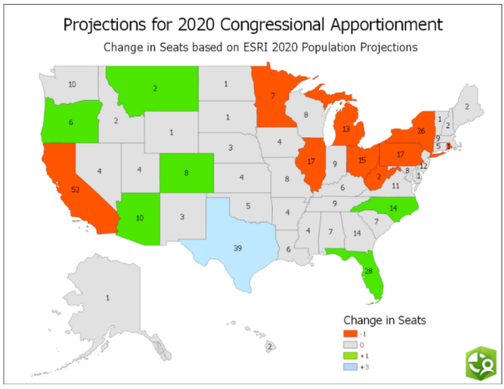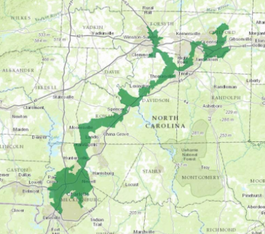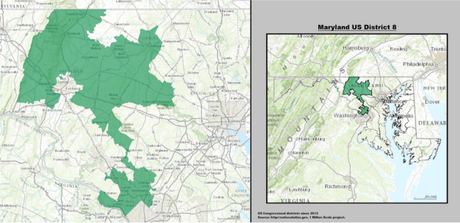 Hugh Barringer '21 Every ten years, a census occurs. This occurred last year. While the census is important for many reasons, perhaps none are more consequential than congressional redistricting and reapportionment. Some states will gain seats in the House of Representatives, and some states will lose seats, with the biggest winners being Texas and Florida, which will gain three and two seats, respectively.(1) However, given population shifts, every state will have to adjust its districts due to uneven population growth. For example, in Virginia, all eleven districts contained 727,366 people in 2010. By 2018, though, these numbers varied greatly, from 710,980 in VA-9, which includes the westernmost part of the state, to 826,493 in VA-10, which includes Loudoun County (2). The biggest changes to districts, however, will be in Texas, which has experienced massive population growth and seen once-safe Republican seats flip. How will the Texas Legislature, and all other politically-driven map makers, shift the map in one party’s favor at the expense of the other? Through a process called gerrymandering. There are two types of Gerrymandering: cracking and packing. Cracking occurs when one party spreads the constituency of the other party across many districts so that their candidate always wins by a comfortable margin. For example, my own congressional district, Maryland’s 8th, places voters from rural, Republican-leaning areas in Carroll and Frederick Counties in the same district as the heavily-Democratic Montgomery County. On the other hand, packing occurs when the party in control puts as many members of the opposite party into a few districts so that they are represented there--and nowhere else. A great example of this is North Carolina’s 12th Congressional district, or at least it was until 2017. That’s because, in 2017, courts overturned North Carolina’s map on the basis that it was racially gerrymandered. Similar processes occurred in Florida and Pennsylvania. If these maps had not been declared illegal, Republicans would probably be in control of the House today. That is why redistricting is so important, especially next year, when Democrats will have to defend a 9-seat majority in the House of Representatives. Sources:
|
|

